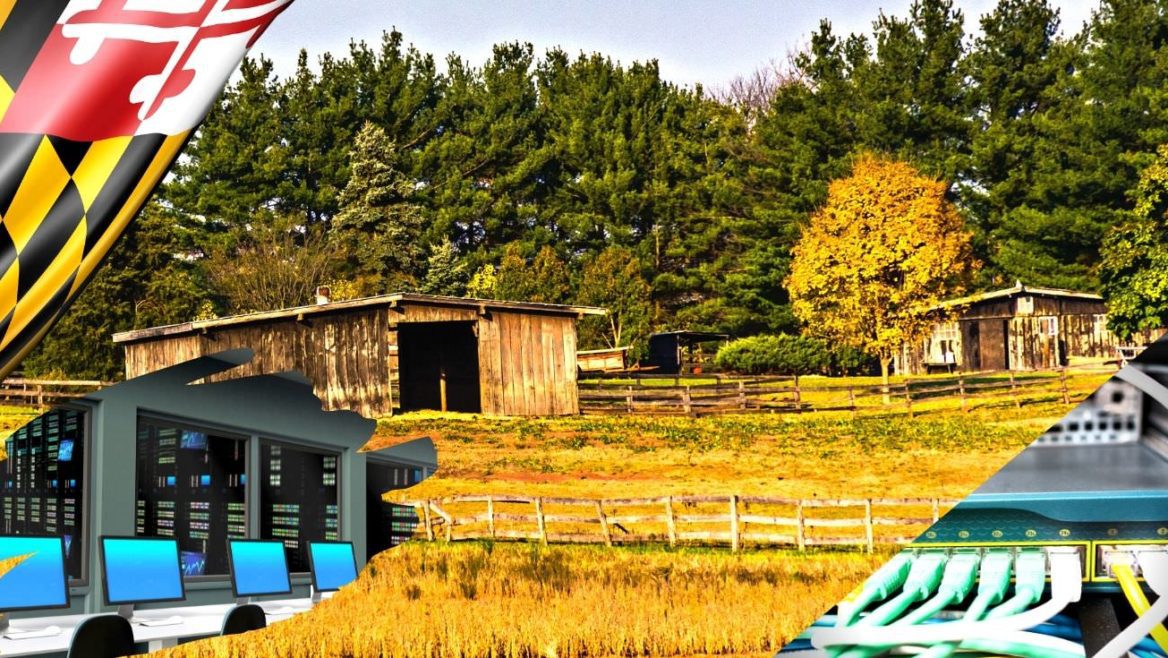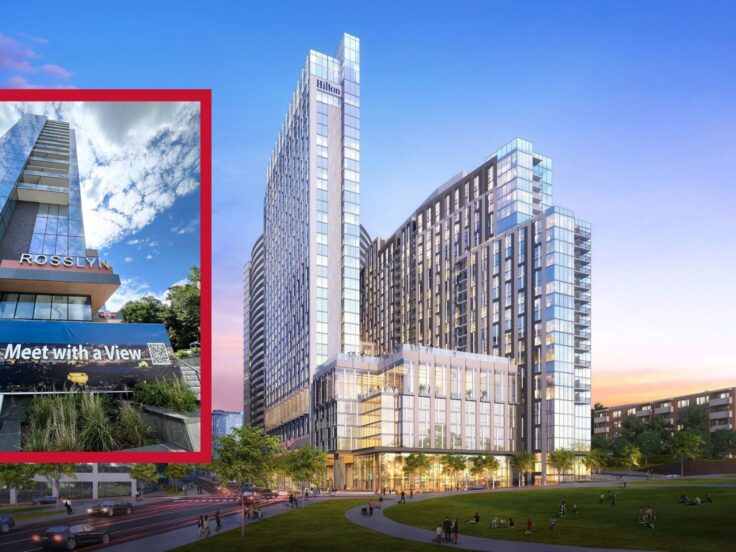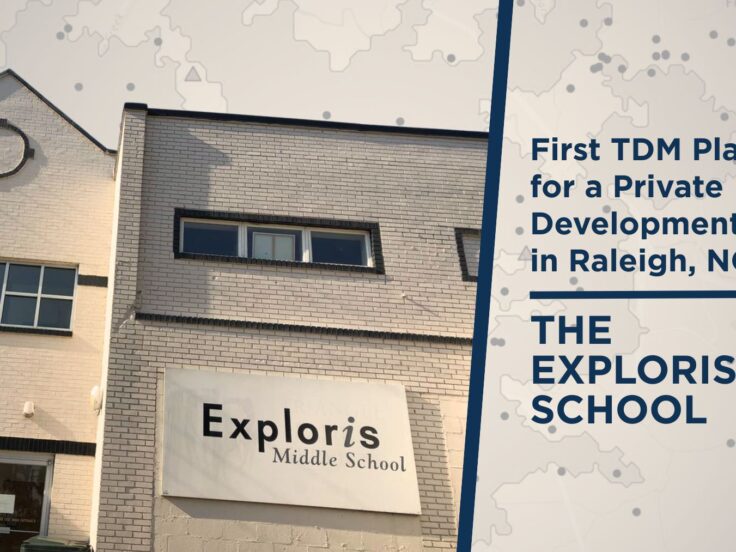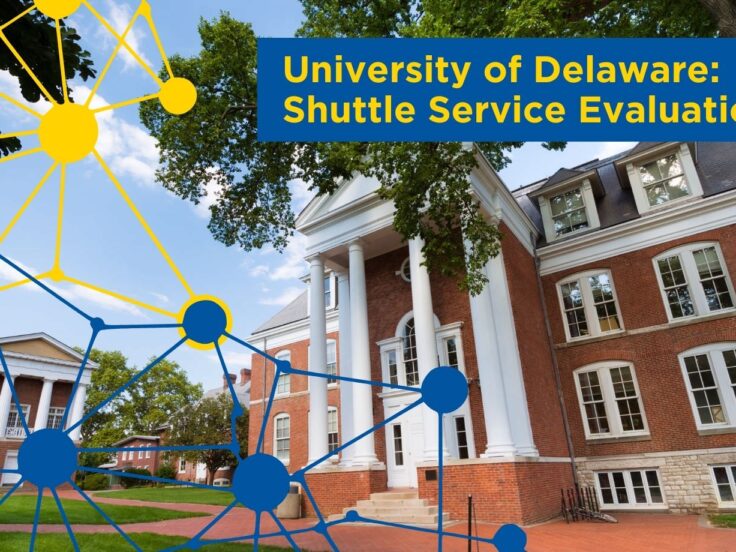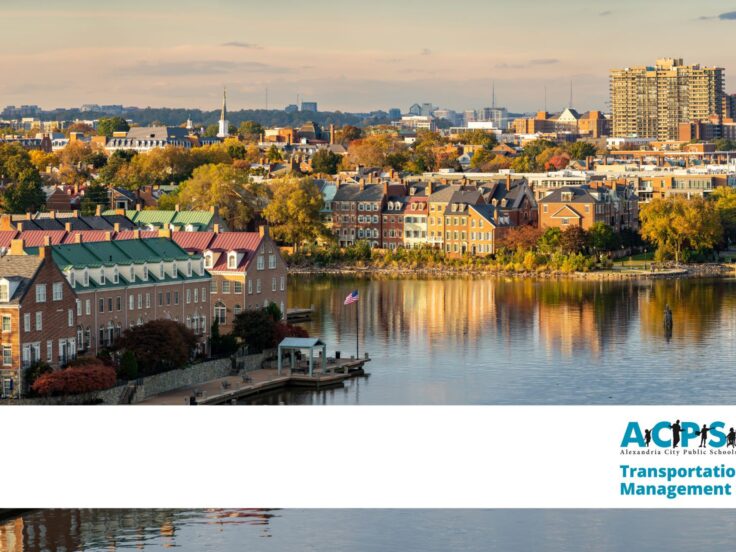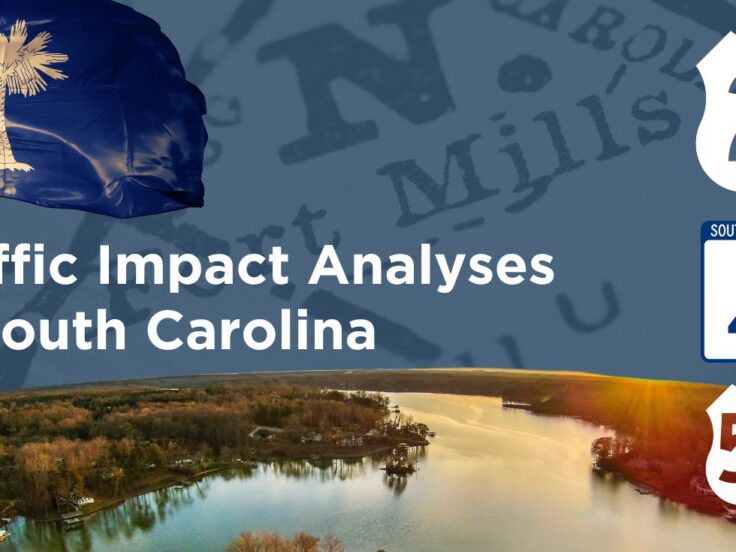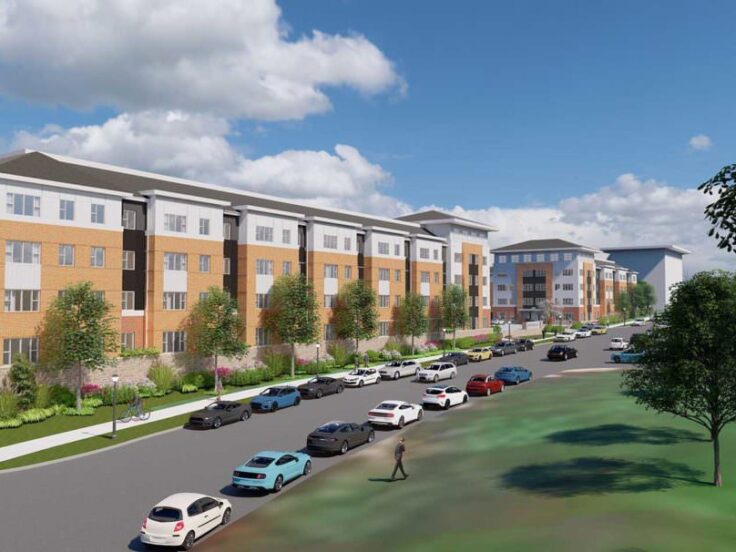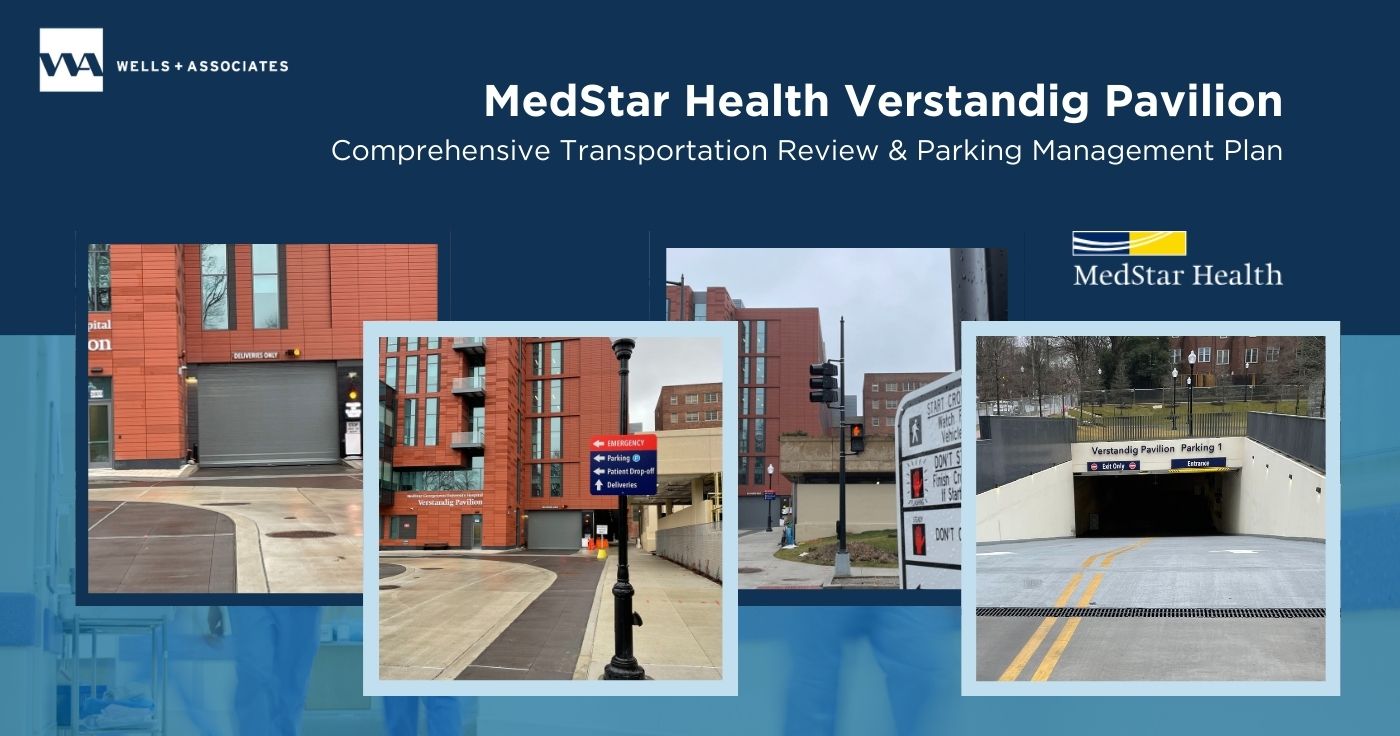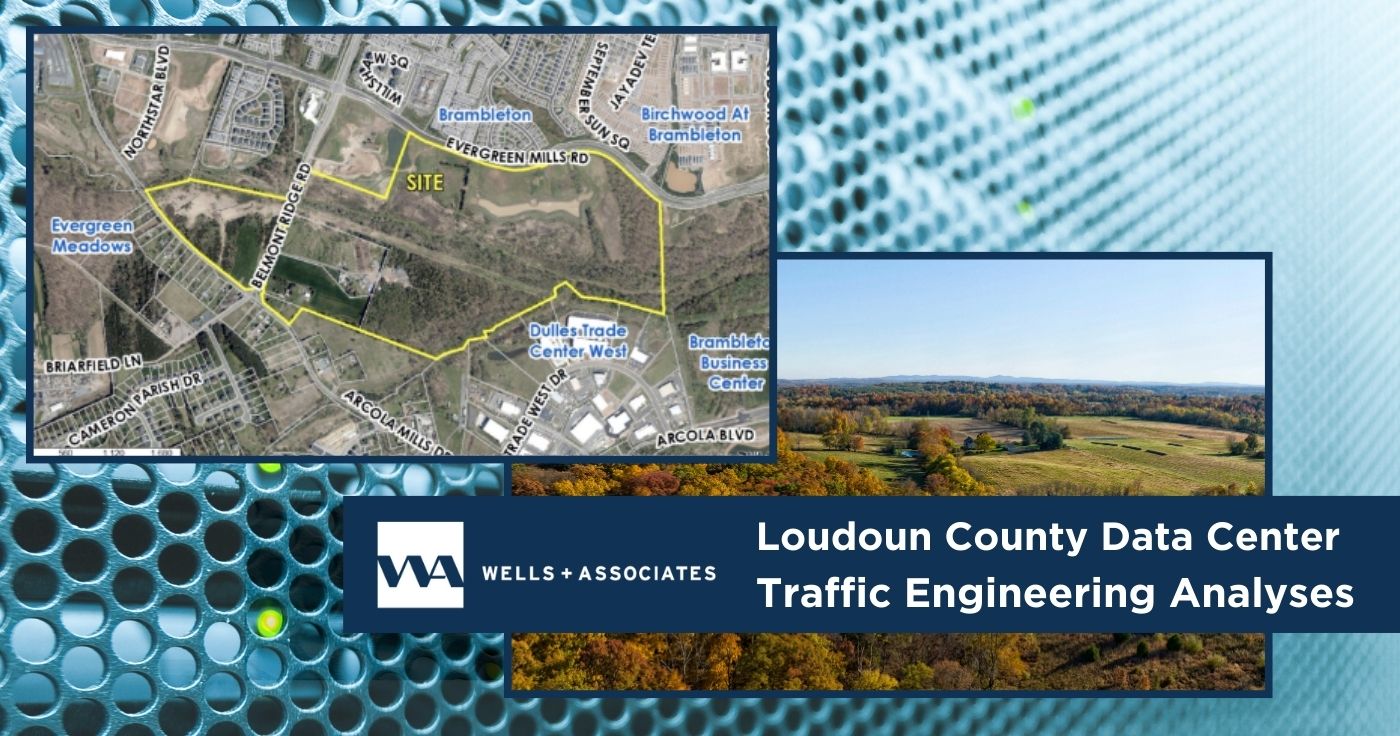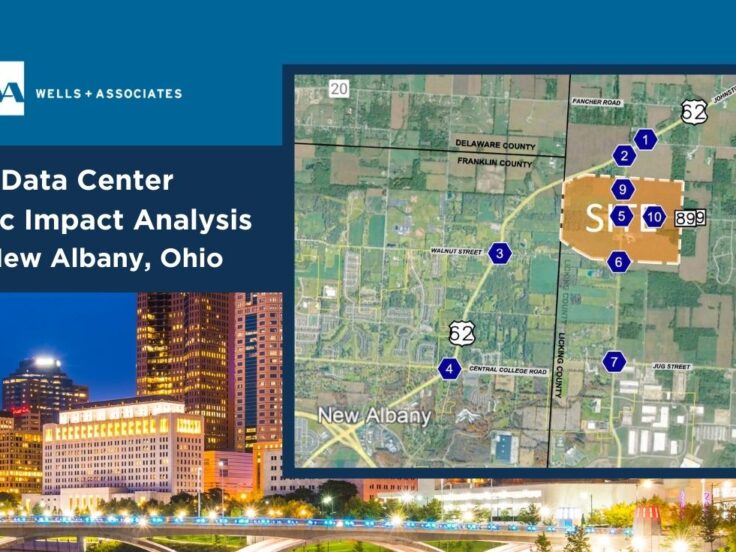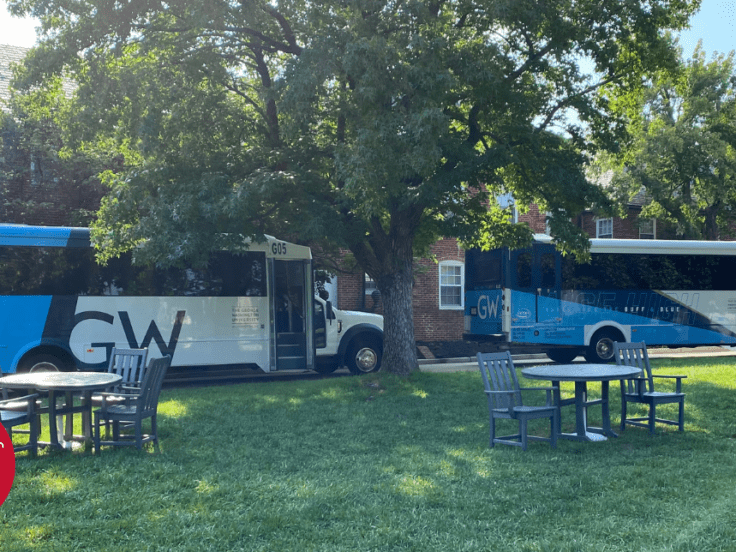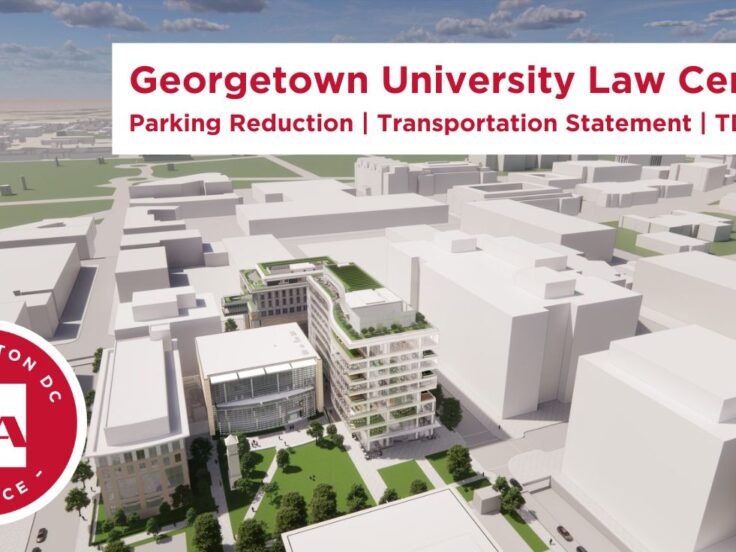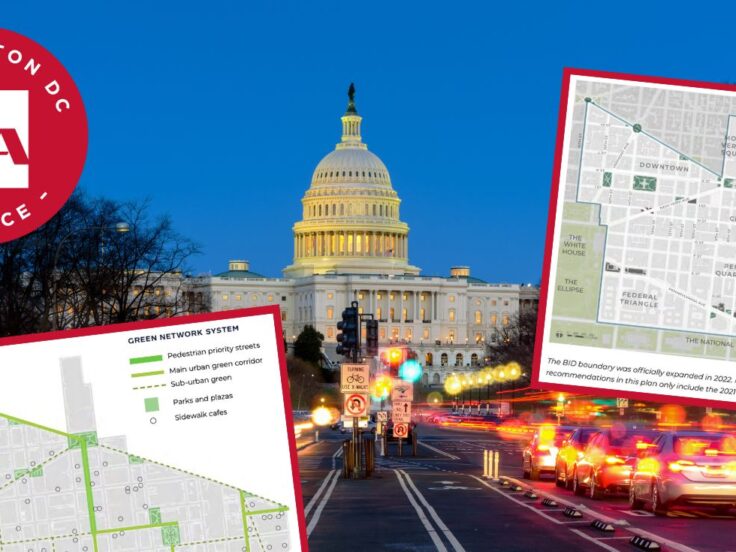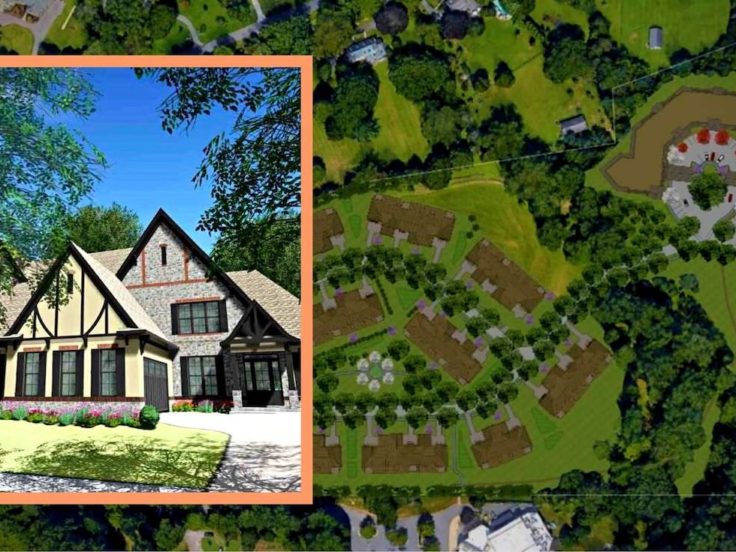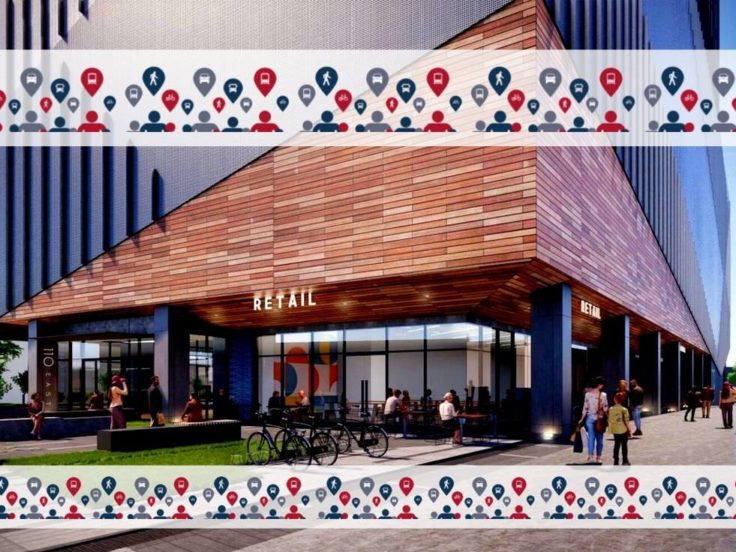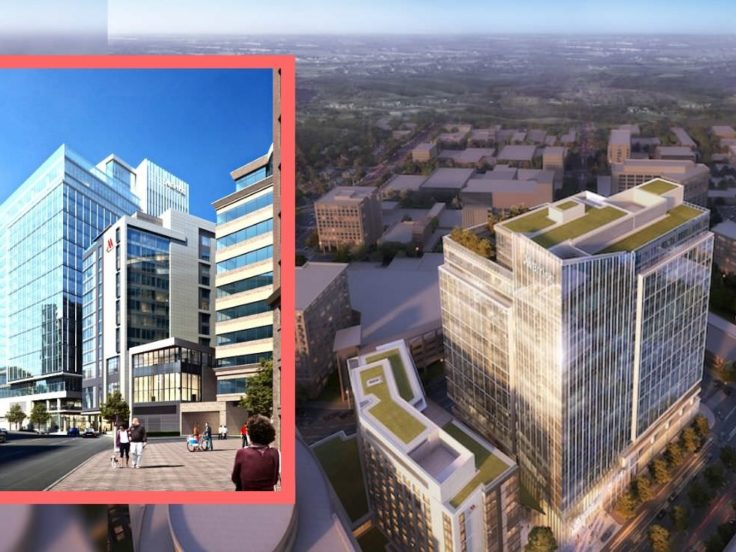Nicholas Kosar
Our data center traffic engineering team prepared a traffic impact analysis for a proposed master planned “gigawatt-scale” data center campus within Frederick County, Maryland. The project included analyses of existing roadways, intersections, traffic controls and signals, and speed limits.
Background
The property was originally zoned as agricultural in 1959 and rezoned to industrial use eight years later. Surrounded by former and current agricultural lands, residential areas, wooded areas, and an industrial park, the site is also near other uses such as a church, an elementary school, and various commercial uses.
In 2021, Quantum Loophole, Inc. acquired over 2,000 acres of land formerly known as the Alcoa Eastalco Works property. Identified by Frederick County as a growth area in the Livable Frederick Master Plan (LFMP), Quantum Loophole planned a first-of-its kind, environmentally friendly data center campus. The site will include over 17.0 MSF of data center space as well as over 800,000 SF of office and related commercial space.
Traffic Impact Analysis for Proposed Data Center
Our traffic analysis focused on several areas, including:
- A field reconnaissance of existing roadway and intersection geometrics, traffic controls, traffic signal phasings and timings, and speed limits
- Discussions with County staff to identify the scope of the traffic study and compile requisite background information
- Counts of existing traffic at 20 different intersections
- An analysis of existing and future levels of service
- Recommendations for traffic mitigation, where required
- Establishment of a phasing and “trip cap” threshold for future development phases
Our work included projections of no-build future traffic volumes for 2025, 2030, and 2035 that include existing traffic counts, pipeline development, and background traffic growth. We also estimated the number of AM and PM peak hour vehicle-trips expected to be generated by the proposed development, with each phase of development based on Institute of Transportation Engineers (ITE) trip generation rates.
We evaluated future conditions at each key intersection based on projected project phases, as well as the preparation of capacity, roundabout, and queuing analyses. We identified locations where mitigation would be required as a result of the proposed data center development to meet the Frederick County Adequate Public Facilities Ordinance (APFO). The results of the study were used to develop a “Letter of Understanding” that established vehicle trip thresholds for each development phase and corresponding road improvements. The project was reviewed and approved by the Frederick County Planning Commission.
A ground-breaking ceremony was held in June 2022.

